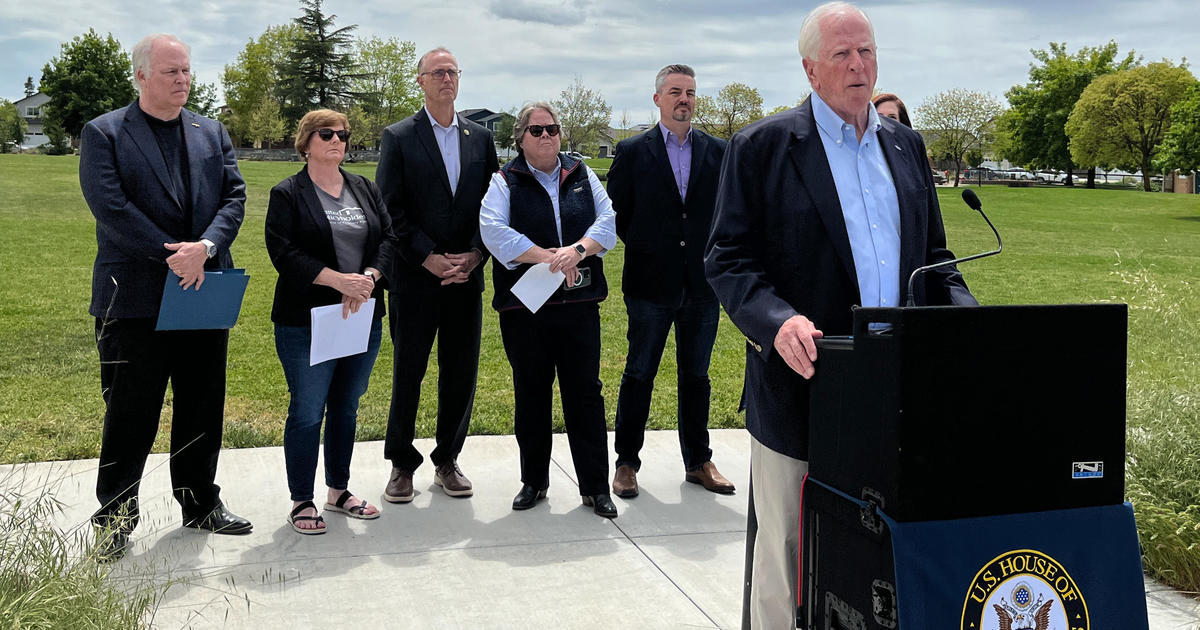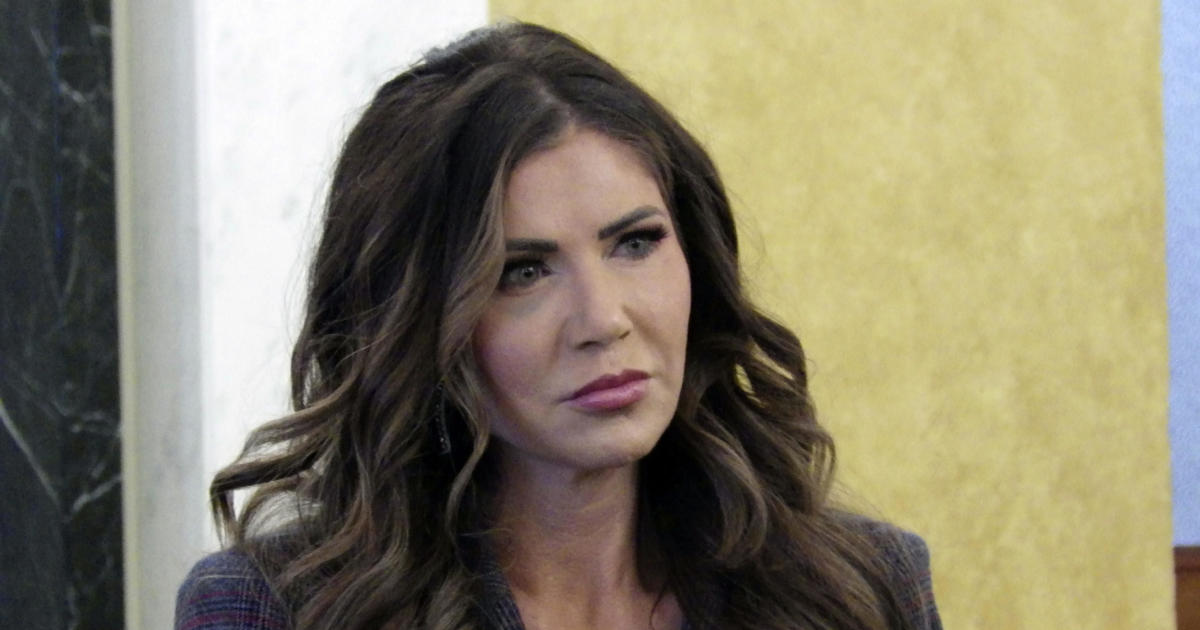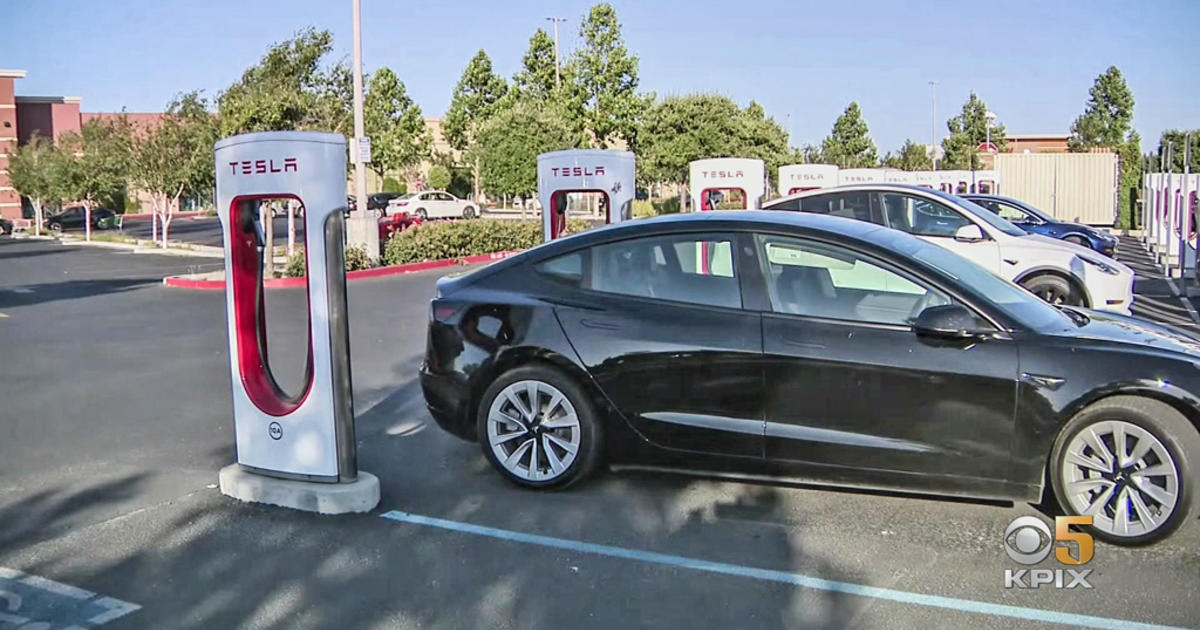California budget: Democrats agree on plan to reduce deficit by $17.3 billion
California Democratic leaders announced Thursday they had come to an agreement on a plan that would reduce the state's staggering multibillion-dollar shortfall by $17.3 billion through a combination of spending cuts, delays and deferrals.
Gov. Gavin Newsom had enjoyed unprecedented surplus budgets of more than $100 billion throughout the COVID-19 pandemic. But the past two years have saddled him with a pair of multibillion-dollar deficits, a less-welcome position for a governor seen as a potential future Democratic presidential candidate.
Last year, facing a $32 billion deficit, Newsom and lawmakers were able to avoid major spending cuts by making smaller cuts, borrowing and pushing some expenses to future years. But this year's deficit could be as large as $73 billion, according to the nonpartisan Legislative Analyst's Office. Newsom said in January the deficit is actually $37.9 billion — a shortfall that, while still steep, is much easier to manage for a state with revenues expected to exceed $291 billion.
In January, Newsom proposed tapping $13 billion from reserves and cutting $8.5 billion in spending, with about half of those cuts spread across various housing and climate programs. Newsom and Democratic leaders in both houses announced they would take "early action" to address the deficit last month with no details.
The new agreement with Democratic lawmakers, who hold supermajority in both houses, includes many proposals Newsom laid out in January. The plan calls for a cut of $3.6 billion in primarily one-time funding to some schools, welfare and climate programs, leaving out previously proposed $1.2 billion cuts to housing and homeless programs. The plan also delays and defers about $5.2 billion in spending for a variety of programs including on public transit and facilities for preschools. It also authorizes Newsom to freeze an unspecified additional one-time funding that was included in the budget the last three years.
The agreement came after lawmakers passed legislation to increase the state's tax on managed care health plans, also known as the Managed Care Organization tax, which is estimated to generate $3.8 billion next fiscal year. The plan doesn't touch the governor's major spending commitments, including free health insurance for all low-income adults regardless of their immigration status.
"We are able to meet this challenge thanks to our responsible fiscal stewardship over the past years, including record budget reserves of close to $38 billion," Newsom said in a statement. "There is still work to do as we finalize the budget and I look forward to the work ahead together to continue building the California of the future."
Lawmakers are expected to vote on the new budget plan next week, which would pave the way for more budget negotiations before the June deadline.
"We are all committed to delivering an on-time balanced budget and this early action agreement is a critical first step to shrink the state's shortfall," Senate President pro Tempore Mike McGuire said in a statement.
Assembly Speaker Robert Rivas called the agreement "the right way" to address the budget deficit. But Republican lawmakers slammed the plan Thursday and said they were shut out of the conversation.
"Our caucus has absolutely nothing to do with it," Republican Sen. Roger Niello said Thursday. "We learn all of these things later on, at about the same time as our 8 million constituents."
Unlike the federal government, California law says the state must pass a balanced budget — meaning it can't spend more money than it has. Newsom will present his revised budget proposal in May, and lawmakers have until June 15 to pass the budget.



